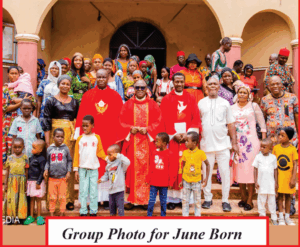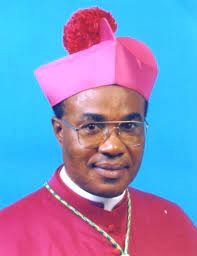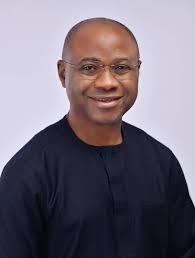Stakeholders urged to lead campaign for improved tax compliance in Anambra

Lawrence Nwimo, Awka
Stakeholders in Anambra State have been called upon to champion the campaign for improved tax compliance and revenue generation in the state.
The call was made during a workshop organized by the Social and Integral Development Centre (SIDEC), host of Tax Justice & Governance Platform (TJ & GP) in collaboration with Civil Society Legislative Advocacy Centre (CISLAC).
The training which had market leaders, civil society actors and government officials as participants was to deepen the understanding of taxation and its implications on service delivery. It was also to equip participants with the knowledge and skills necessary to promote tax compliance and good governance in their respective areas.

Executive Director of SIDEC, Mrs Ugochi Ehiahuruike, who gave this explanation in her remarks, noted that the workshop was for stakeholders on tax revenue mobilization, budget process, tax policies, reforms and programs, development of charters of demand, leadership styles and strategy, and system change.
“The training was a critical component of the Tax for Service project aimed at enhancing tax compliance among citizens, particularly within the informal sector in Anambra State.
“We recognize that tax compliance is not just a civic obligation, but also a vital source of Revenue for the government to deliver essential public services,” she said.
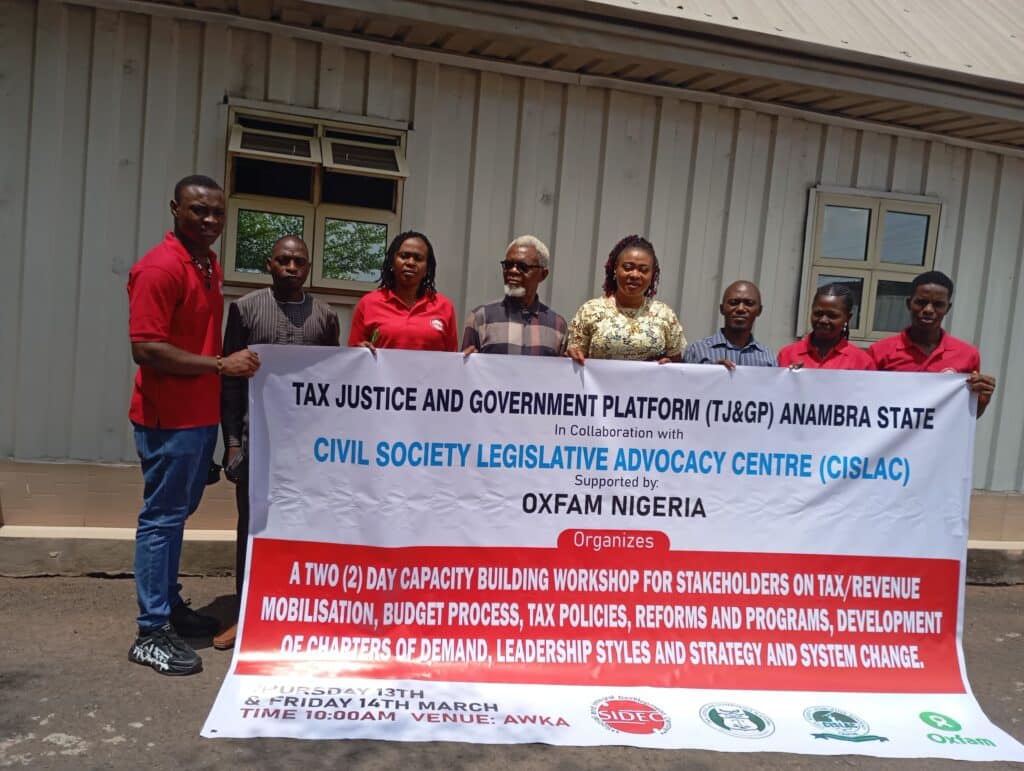
Speakers at the workshop emphasized need for stakeholders to take ownership of the revenue generation process, advocating for an increased payment of tax to enable the state government to provide the necessary social amenities and make the state more conducive for all.
Commissioner for Budget and Economic Planning, Mrs Chiamaka Nnake, represented by the Permanent Secretary, Chinyere Nwabachili, called on citizens to fulfill their tax obligations to enable government to provide essential services in the state.
“We are allergic to paying taxes, yet we expect the government to provide us with necessary facilities,” she noted.
Contributing, Chairman of Anambra Internal Revenue Service (AIRS), Dr. Greg Ezeilo, highlighted the importance of tax payment, citing the automation of the tax system as a significant step towards seamless payments.
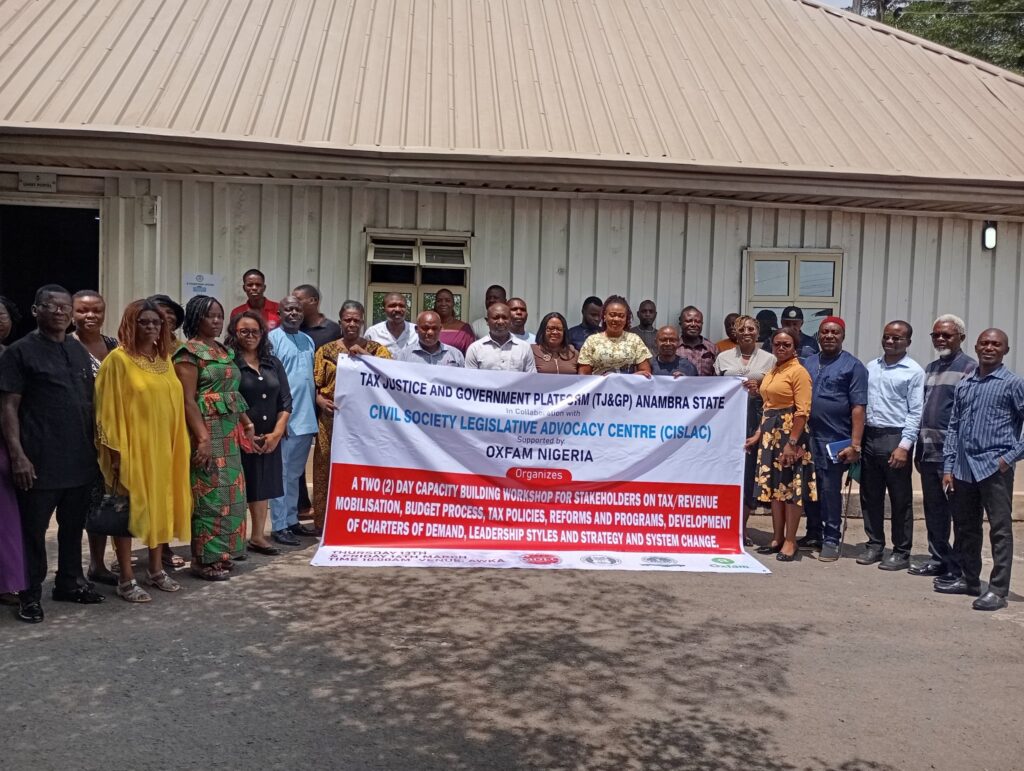
Ezeilo, represented by Mr. Francis Ezenwa, a staff member of the AIRS, added that the automated taxation process in the state has greatly enhanced efficiency, urging participants to champion the drive for tax compliance to boost the state’s internally generated revenue (IGR).
Special Adviser to the Governor on Markets, Mr. Evaristus Ubah, represented by Director of Markets, Mr. Francis Ilodiuba, urged citizens to remit their taxes promptly, emphasizing that timely payment would enable governor Chukwuma Soludo to effectively implement his plans of a liveable and prosperous state.
In a presentation on Anambra State Budgeting process, Lady Chinyere Nwabachili, said Anambra’s participatory budgeting system incorporates the Community Charter of Demand (CCD) to ensure citizen involvement in the budgeting process. She said the inclusive approach has enabled citizens to contribute to the budget, making it more responsive to community needs and fostering a sense of ownership among stakeholders.
Mr. Acho Joachim, Permanent Secretary of the Anambra Ministry of Finance, emphasized the distinction between taxes and revenue during his discussion on Tax and Revenue Mobilization. He said to achieve effective tax and revenue mobilization, there is the need for a collaborative effort that involves various stakeholders working together to identify and harness revenue sources, ensuring that taxes are properly collected and utilized for the state’s development.
Presenting the findings of a Tax for Service study, Mr Chika Ofomata, a tax consultant said there are still significant gaps in tax awareness, perception of fairness, and efficiency in tax administration in the state. He emphasised need for improved tax payer participation in the tax governance in the state.
Peter Ezenwaegbu, a market leader and member of the Committee for Defense of Human Rights (CDHR), called for a total computerization of the state revenue system to end tax evasion among business owners.
He emphasized that a computerized revenue system would boost tax compliance and improve revenue generation in the state. They also said the system, if fully digitized, is expected to minimize tax malpractices and increase efficiency in tax collection.
Contributing, a lecturer at Nnamdi Azikiwe University, Prof Uche Nwogwugwu, urged the people to take ownership of tax payments, and emphasized the importance of active participation in tax matters to ensure the government’s success.
Chief Innocent Ezeoha, Chairman Onitsha Main Market, shared his positive tax experience in recent times, noting that for the first time in the state, traders are beginning to see tangible results from their tax payments which he said has led to increased revenue generation in his market.


